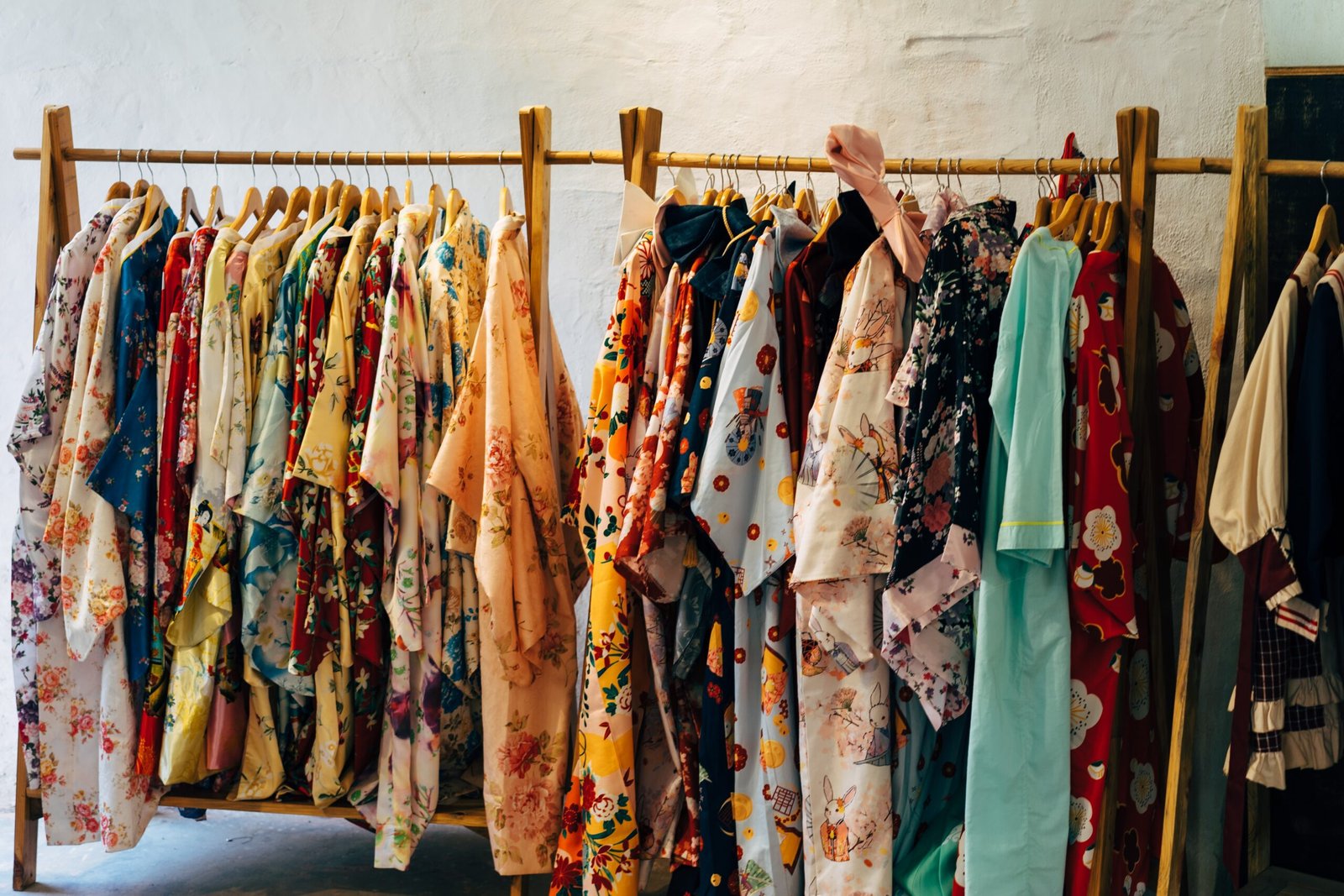You’ve got the talent, passion, and ambition to run a fashion business.
You’re clearly envisioning it – a remarkable career that enables you to follow your dream: designing fabulous clothes for people and being at the top. Except that things don’t work that way in the business world.

No matter how much you’d like this to be true, passion isn’t enough to thrive in such a competitive industry as fashion. The market keeps getting saturated, and it’s challenging to get noticed among all those well-established businesses. Is it impossible? No. Does it require a lot of effort? That’s a big YES! But it’s worth it once you reap the rewards. You get to explore your creativity while making an income from it, which is the dream of all artistic people. So, what’s the magic recipe for standing out as a fashion business owner? Keep reading to find out.
Know your customers
All people on this planet need clothing – that’s a fact. But that doesn’t mean all of them will be attracted to your products. So, to stand out, you should first establish your target customers. Identify those people who are likely to pay for your clothes by doing a comprehensive research. Yes, we know – it’s not fun at all! However, it is a crucial step you can’t overlook.
To define your customers, you should ask yourself whether you want to sell to a specific age group or target multiple generations. Do you want to make clothes only for a particular gender? You should also consider your target customers’ needs. Some people are fashion enthusiasts, meaning they take pride in wearing clothes that make them look their best. You can use that in your favor, but it’s impossible to do so unless you know your customers well! So, when building a unique fashion business, start from here.
Tell a story
Fashion is an extension of your personality, so branding is imperative in this industry and comes down to attracting people who are just like you on the inside and encouraging them to express that through your clothes. You have a voice, so use it wisely to tell the world your brand’s story.
Storytelling is very powerful – it evokes emotions from customers while also giving meaning to your clothes. Share your mission with your customers, as this is important in fostering a relationship with them. Tell people why you started your business, what motivates you to keep going despite the challenges, and why they should care about your brand. Make sure to be as authentic as possible – keep in mind that you can never make up your brand narrative, as customers can quickly figure it out, and the consequences won’t be pleasant.

Ensure product quality
You may be the best at promoting your brand, but that won’t matter if your clothes don’t fulfil customers’ expectations in terms of quality. Thus, check them from the initial stage of production to determine whether they meet essential requirements, such as the material’s durability, feel and manufacturers’ origins.
Product quality impacts your business’ performance and helps build your reputation, providing significant investment returns. If customers are satisfied with the products, they’ll likely come back, so ensure excellent quality that fits the price range you offer. Also, create a unique design for your clothes – something people can’t easily find elsewhere. This is an essential ingredient for standing out from other fashion businesses.
Enable online shopping
Many businesses in the fashion industry have turned to eCommerce, and you should do that too. An online store is always a great addition to a business that sells clothes and can considerably expand your customer base. Using a platform such as Magento 2 – provided by trusted developers Adobe, can give you a wide range of new options in terms of your online shopfront and gives you the ability to tweak the appearance and behaviour of the website easily. Using plugins from companies such as Wismo labs enable useful tools such as order tracking for Magento 2, this provides detailed tracking information on orders you have shipped and allows consumers to also access this to keep an eye on their order. Having a powerful website ensures you don’t lose customers when it comes to buying clothes. To attract customers to your site it would be worth considering expanding your social media presence.
However, remember that the digital world comes with risks, and you must ensure your venture and customers’ security. Data breaches impact many businesses in the UK, and your venture could also be a target for hackers. That’s the last thing you’d want, as your reputation would suffer and you’d lose customers. Thus, make sure to employ the latest cybersecurity practices to keep sensitive data safe.
Be consistent
Fashion brands should always focus on consistency, which is vital to expose customers to essential messages and cement your brand identity. It’s how you tell people that you’re different from the rest, fostering trust and creating a united customer experience. Consistency can increase your revenue significantly, and that’s why it should be among your top priorities. You should maintain it across different communication elements, like delivering a consistent message across all your platforms and using the same logo. Ultimately, customers will associate these elements with your brand as they get more familiar with them.

Practice social responsibility
Customers have started to educate themselves more on the social responsibility of fashion businesses. According to this report, 64% of customers consider a brand’s social and political position when deciding whether to purchase its products. Sustainability, social inclusivity, and ethics are all important for customers. Over time, there have been different pollution issues in the fashion industry due to the materials used in manufacturing clothes, like toxic chemicals such as sodium hydroxide.
Fast fashion businesses have been accused of violating human rights as employees had to work in poor conditions. It’s probably obvious, but if you want to stand out as a fashion brand, you need to meet customers’ expectations regarding social responsibility. The quality and style of your clothing aren’t the only things that matter to people – your social values are also at the top of their priorities when looking for a reliable brand.
Also, consider social inclusivity and diversity. If you build a brand that accommodates individuals of various shapes, sizes and races, you’re already one step closer to success.
Wrapping up
No one ever said that entrepreneurs have it easy. In fact, it’s quite the opposite. There are many challenges you have to face along the way, and success doesn’t come without effort. Even if the fashion industry is highly competitive, you can thrive if you are consistent and authentic and offer customers a memorable experience.






